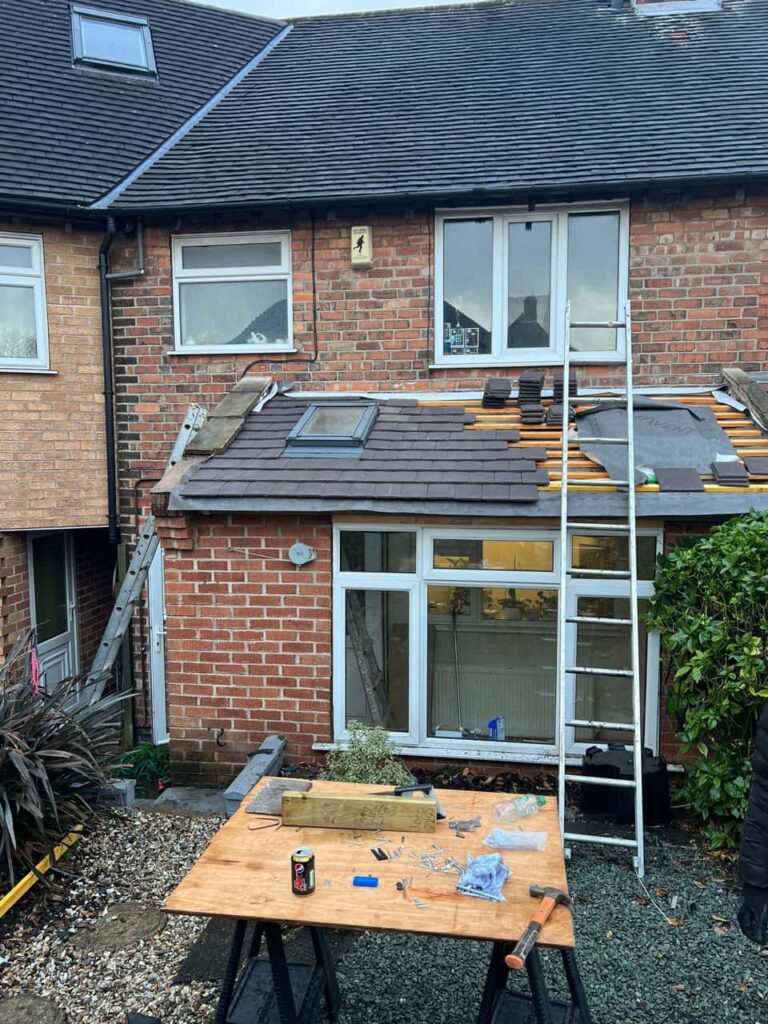Introduction: Living in a coastal area offers many benefits, from stunning ocean views to a refreshing sea breeze. However, coastal environments also present unique challenges, particularly when maintaining the structural integrity of buildings, including roofs. Felt roofing, a popular choice for its affordability and durability, is often used in coastal regions. In this blog post, we’ll explore how felt roofing fares in coastal areas, its resistance to saltwater, and its ability to withstand corrosion.
- Understanding the Coastal Environment:
- Coastal areas are characterised by high humidity levels, saltwater spray, and corrosive elements carried by ocean breezes. These environmental factors can accelerate the deterioration of building materials, including roofing systems.
- Felt Roofing and Saltwater Resistance:
- Felt roofing, typically made from bitumen or asphalt-saturated felt, offers inherent resistance to saltwater exposure. The impermeable nature of felt membranes helps prevent moisture penetration, reducing the risk of water damage and corrosion.
- Corrosion Resistance:
- While felt roofing is inherently resistant to saltwater, additional measures may be necessary to enhance its corrosion resistance in coastal areas. Utilising corrosion-resistant fasteners and flashings can help mitigate the effects of saltwater exposure on metal components of the roof, such as nails and flashing.
- Proper Installation and Maintenance:
- Proper installation and regular maintenance are essential for ensuring the longevity of felt roofing in coastal environments. Ensuring adequate ventilation under the roof deck can help prevent moisture buildup, while routine inspections can help promptly identify and address any signs of damage or deterioration.
- Choosing the Right Felt Roofing Materials:
- When selecting felt roofing materials for coastal applications, choosing products specifically designed for enhanced durability and weather resistance is essential. High-quality, UV-resistant felt membranes can provide superior protection against the harsh coastal elements, prolonging the roof’s life.
- Professional Roofing Services:
- For homeowners and property managers in coastal areas, partnering with a reputable roofing contractor experienced in coastal installations is crucial. A professional roofer can assess the unique challenges posed by the coastal environment and recommend tailored solutions to ensure the longevity and performance of the felt roofing system.
Conclusion: Felt roofing remains viable and cost-effective for coastal properties, offering resistance to saltwater exposure and corrosion. Property owners can enjoy the benefits of durable and reliable roofing protection in even the harshest coastal environments by choosing high-quality materials, ensuring proper installation, and investing in regular maintenance. If you’re considering felt roofing for your coastal property, consult a qualified contractor to explore options and ensure a resilient, long-lasting roofing solution.
Call us on: 01954 776 277
Click here to find out more about Cambourne Roofing Repairs
Click here to complete our contact form and see how we can help with your roofing needs.

